 |
| Feminist foreign policy operates around three pillars: Participation, pacifism and inclusion. (Source: Colombian Ministry of Foreign Affairs) |
Previously, in his speech at the United Nations General Assembly in September 2022, Colombian President Gustavo Petro declared that FFP is the country's top priority towards greater participation of women in foreign affairs activities.
Colombian Deputy Foreign Minister for Multilateral Affairs Elizabeth Taylor Jay stressed at CSW that the Colombian government had proactively proposed this policy and that this was a key factor in deciding, for the first time in history, to put women and gender issues at the center of national politics , including foreign policy.
Colombia has ratified international treaties on human rights and women's rights and to realize these documents, effective mechanisms and tools are needed.
Prior to the adoption of the FFP policy, the Ministry of Foreign Affairs called on national public authorities and civil society organizations to develop initiatives to promote the participation of women and LGBT+ people, in order to further develop the policy.
FFP policy operates around three pillars: Participation, pacifism and harmony.
The policy will promote activities related to social and environmental justice, comprehensive peace, strengthening education, science, culture and ensuring women's rights, in all circumstances and at all times.
In addition, gender equality will be applied in the organizational structure of the Ministry of Foreign Affairs as well as Colombian Embassies and Consulates abroad, ensuring compliance with the guidelines of the FFP policy.
Colombia's new feminist foreign policy is designed as a positive development for the Ministry of Foreign Affairs and Colombia's international diplomatic relations, empowering and supporting the active participation of women and LGBTQ people in multilateral and bilateral foreign policy and international cooperation.
(according to the Colombian Embassy in Vietnam)
Source








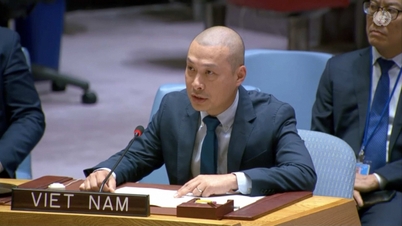
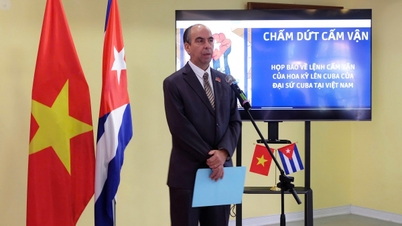
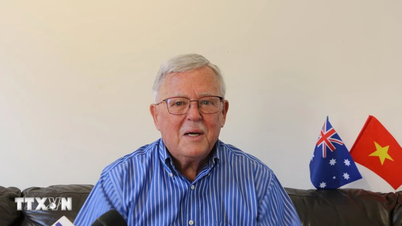



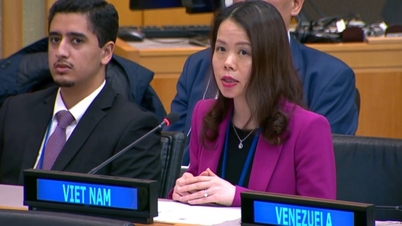

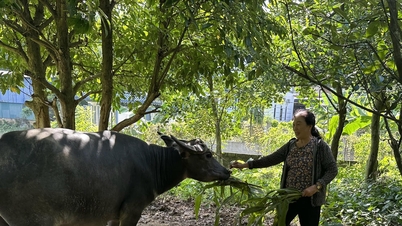



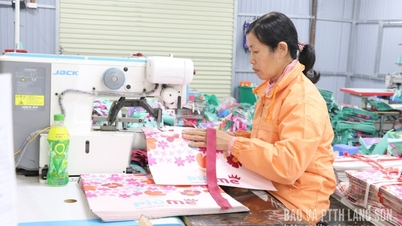

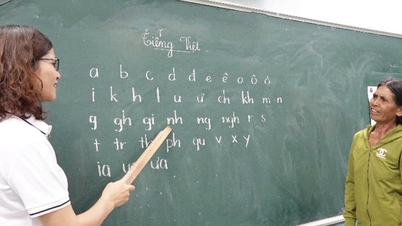


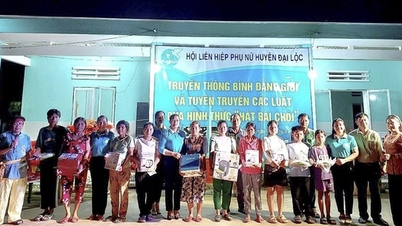





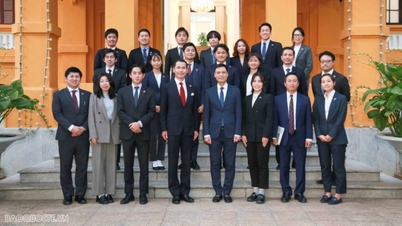
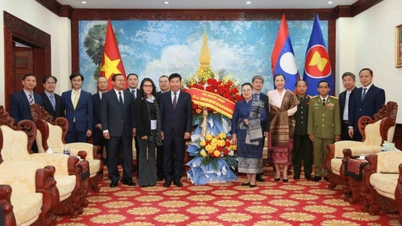
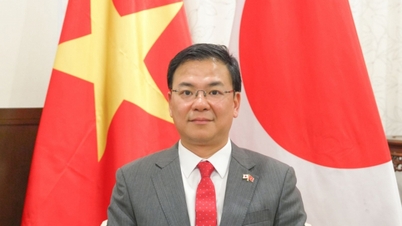

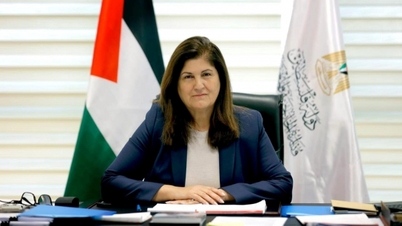
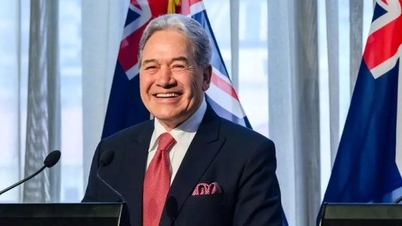
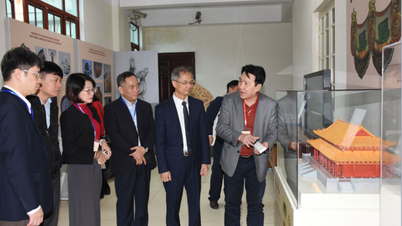

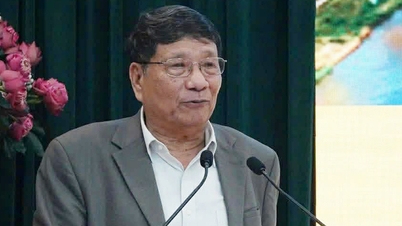

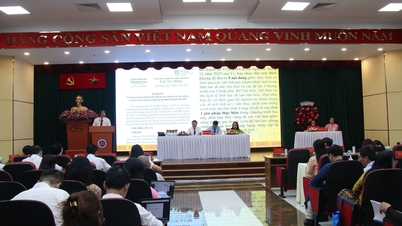

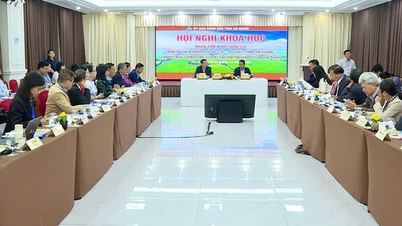





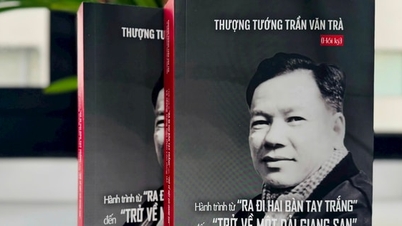

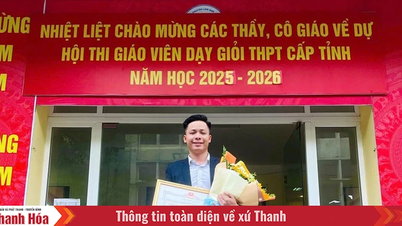



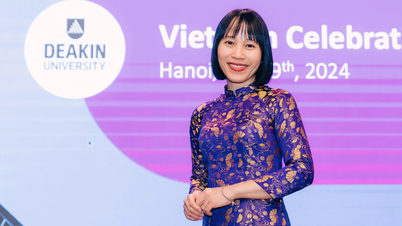



![[Answer] Should I install an elevator for an old renovated house?](https://vphoto.vietnam.vn/thumb/402x226/vietnam/resource/IMAGE/2025/11/25/1764039191595_co-nen-lap-thang-may-cho-nha-cai-tao-cu-khong-04.jpeg)

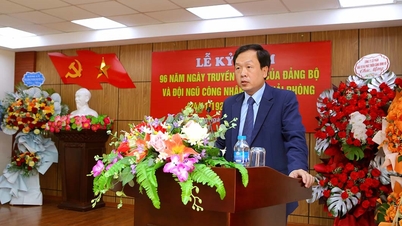

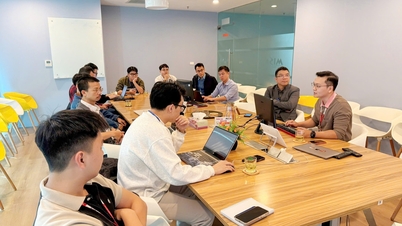

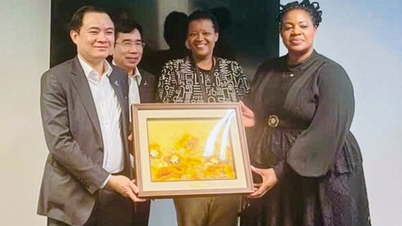









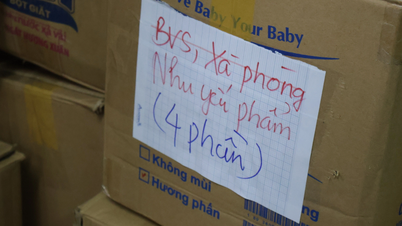
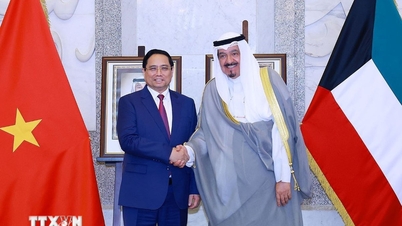
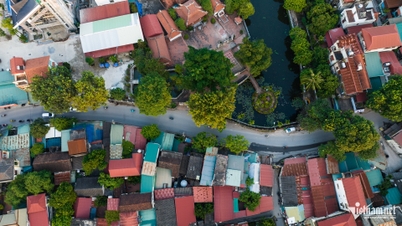

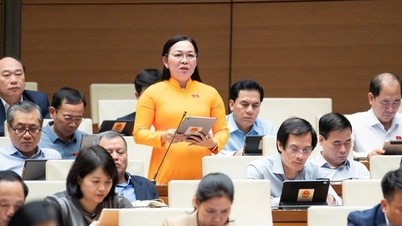

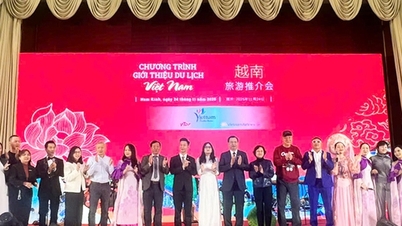
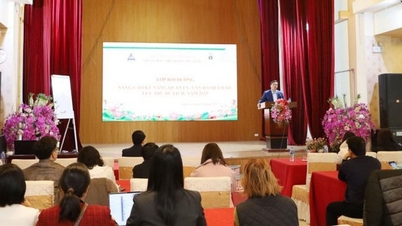





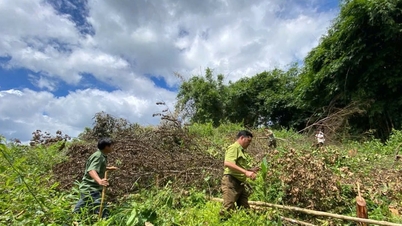
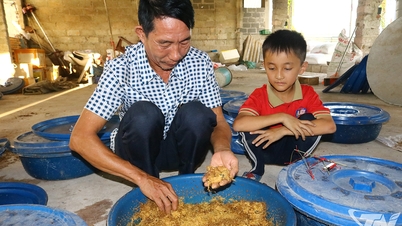

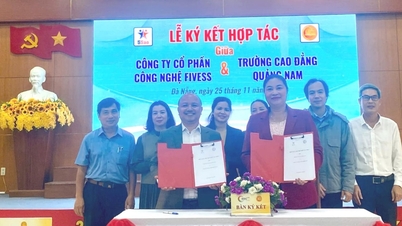

















Comment (0)